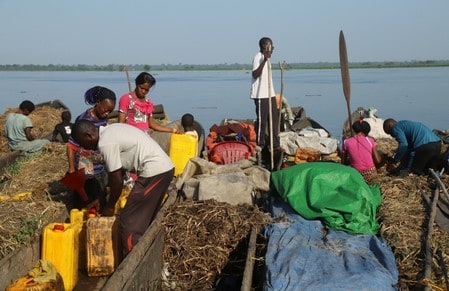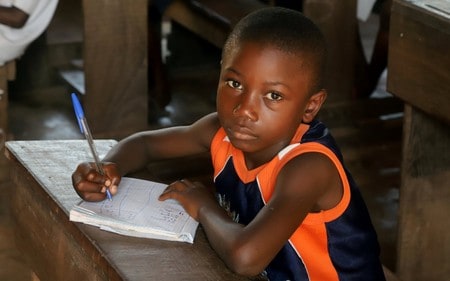By Amedee Mwarabu
KINSHASA (Reuters) – Congo’s health minister said on Wednesday that when its Ebola outbreak was first announced less than three months ago, he never dreamed it would be possible to contain it so swiftly.
“On the 8th of May 2018, when I declared that Democratic Republic of Congo was facing a new epidemic of Ebola, I didn’t think I’d be able to say these words so soon,” Health Minister Oly Ilunga Kalenga told a news conference.
“The epidemic had every sign of a major crisis that was going to break out of our national borders.”
Instead, a swift response by Congolese authorities, the World Health Organisation (WHO) and partnered aid agencies, combined with a rapid deployment of experimental vaccines, enabled the epidemic to be contained by Tuesday – a rare triumph for a central African nation beset by dysfunction.
In the past few years, Congo has lurched from one crisis to another. President Joseph Kabila refused to step down when his mandate expired at the end of 2016, triggering a constitutional crisis and street protests in which scores died.
An election is nearly two years overdue. Ethnic and militia violence has erupted across the country, leaving four-and-a-half million people displaced. Nearly eight million Congolese are facing food insecurity and 13 million are in need of humanitarian aid, the United Nations says.
Yet, faced with an Ebola epidemic that risked a repeat of the devastation wrought on West Africa in 2013-2016, when the virus wiped out 11,000 people, health authorities swung into action.
Unlike officials in Guinea, Liberia and Sierra Leone, they were able to draw on the country’s experience facing down eight previous outbreaks of the virus, named after the eponymous river in northern Congo where it was first detected in 1976.
Kalenga highlighted fast testing by Congo’s biomedical research experts, quick deployment of logistics to the remote towns in northwest Congo where the virus was detected, a campaign of educating the public, as well as an experimental vaccine given to over 3,300 people under supervision of the WHO.
(Writing by Tim Cocks; Editing by Mark Heinrich)



